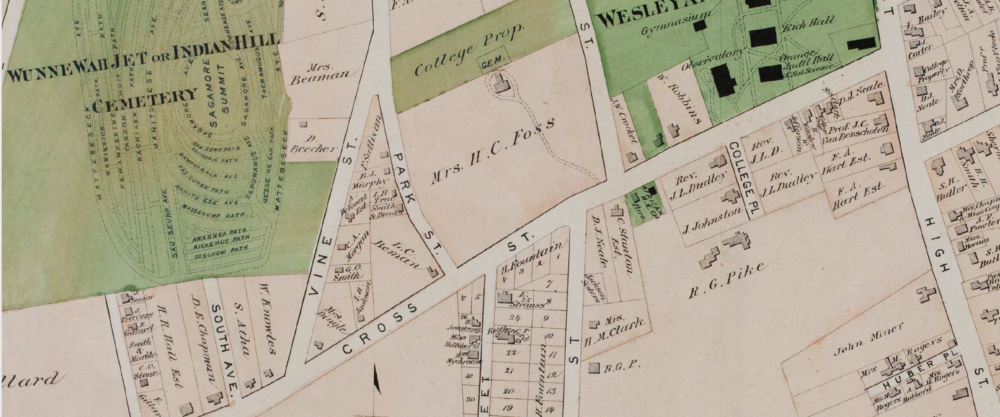Along with the abolitionist movement and fight for immediate emancipation, the Beman family members were also very keen on fighting for the right of suffrage for the African Americans. As a delegate to Colored Conventions, a democratic platform for the disenfranchised African American community to discuss issues related to people’s well-being, livelihood, politics and other interests, Jehiel effectively led debates in Middletown.
The Colored Conventions initially focused on the matter of slavery and moral reform. However, dissatisfied at the denial of their right of suffrage and by the fact that Connecticut remained the only state in New England to prohibit free blacks from voting, the delegates addressed a letter to the white “voters of the state of Connecticut.” They largely argued for right of suffrage for the African-American community based on the promised equality written in the The Declaration. They also asserted that human rights cannot be dictated by men or the government, for it is God who gives the natural rights.
Although the Colored Convention did not produce direct results while Jehiel’s office, the Convention strenuously appealed to the idea of suffrage and political voice. The African Americans in Connecticut gained voting rights in 1870.
For more information on the civil rights movement in Middletown, click here.

